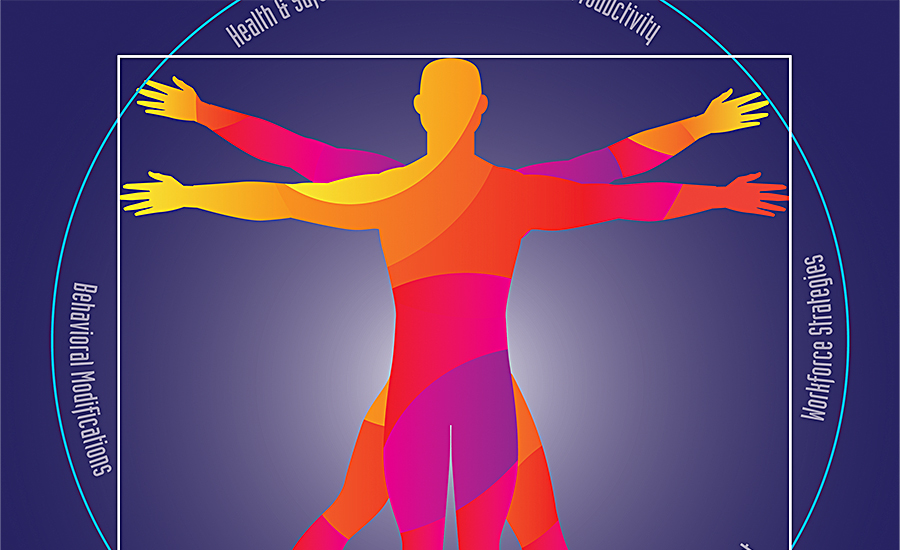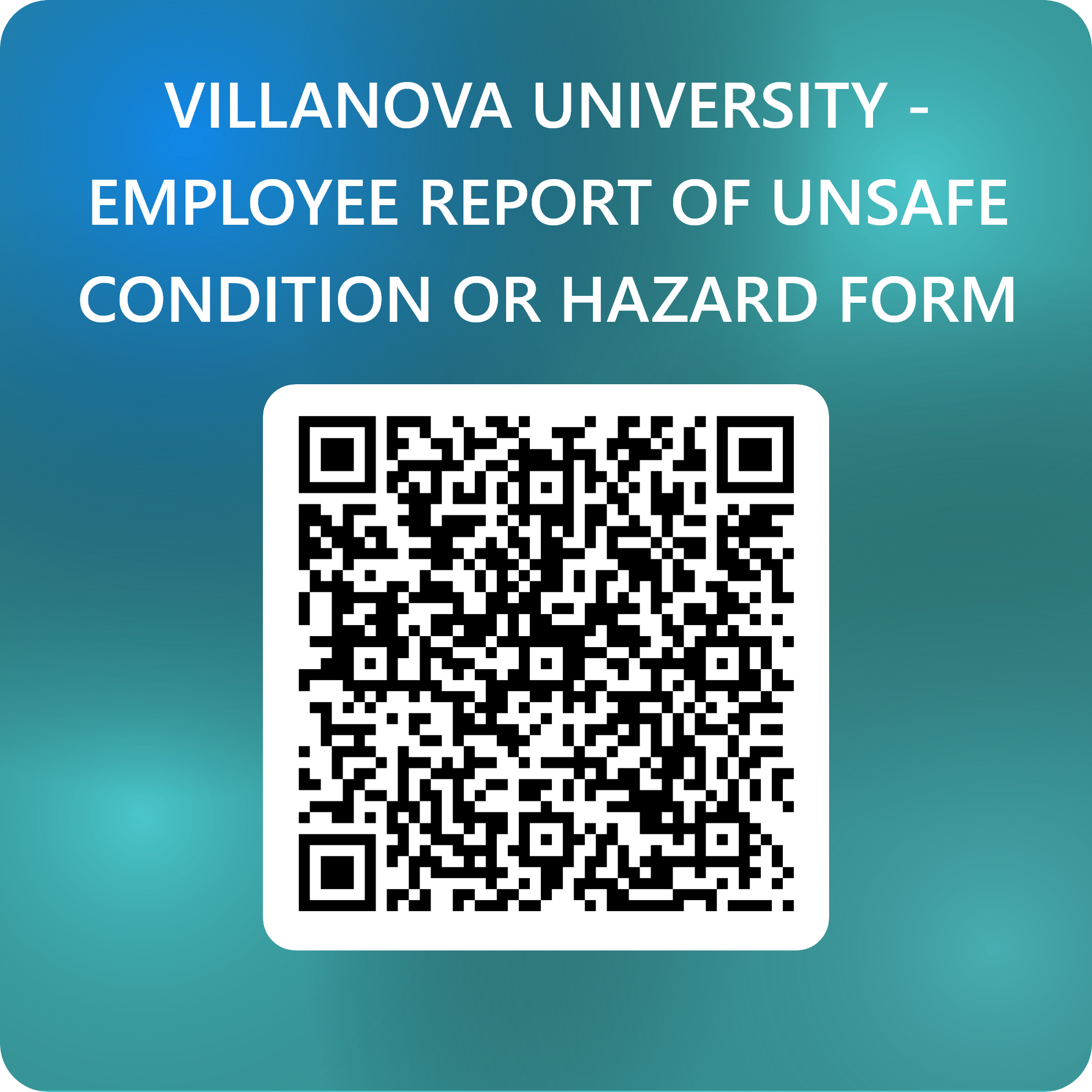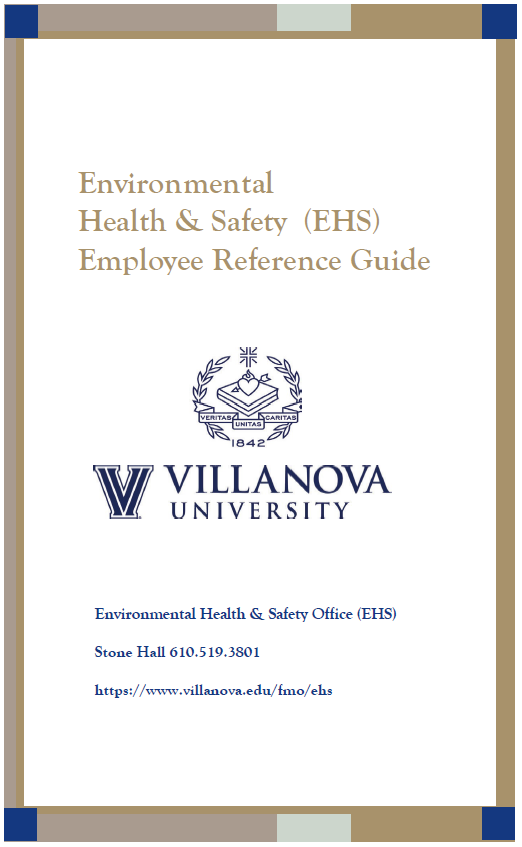Industrial Hygiene

Industrial hygiene is a science and art devoted to the anticipation, recognition, evaluation, prevention, and control of environmental factors or stresses in or from the workplace which may impair the health or well being of workers. Villanova’s industrial hygiene program includes the following specialties:
Indoor Air Quality
It is important that Villanova University provide healthy, comfortable, and productive indoor environments. The awareness and demand for good indoor air quality (IAQ) increases. This demand has resulted in IAQ emerging as a major concern in academic and residential buildings. An Indoor Air Quality (IAQ) hazard is a building condition that has the potential to adversely affect the health of building occupants. It includes exposures to chemicals, biological agents, and physical conditions that may cause irritation, illness or exacerbate existing health conditions. IAQ does not include thermal comfort unless conditions place occupants at risk from heat or cold stress. IAQ also does not include the presence of occasional odors. Indoor Air Quality (IAQ) Response Events are situations that can result in the development of an IAQ hazard and require the prompt correction by Facilities and notification of EHS. IAQ response events include large (>15 gallons) water releases from any source (potable, sewage, roof leak, equipment release); water retention outside the drain pan in air handlers; retention of water, leaves or other debris at outside air intakes; the use of volatile or hazardous materials in the renovation or maintenance of a building. To report an IAQ concern, please fill out the following form, Scan the QR Code Below, or call 610-519-3801.

Ergonomic Assessments
The simplest definition of ergonomics is fitting the job to the worker. The goal of ergonomics is to enhance the worker's comfort, health and productivity. If ergonomics is not considered when designing a job or workstation, injuries can occur. Ergonomic-related injuries are observed in the office environment, laboratories and material handling jobs. The Office of Environmental Health and Safety offers ergonomic consultation services and training for all Villanova University employees. Email
Hearing Conservation Program
Exposure to loud noises can permanently affect employee's hearing. All employees exposed to sound levels above the OSHA action level, should be included in the hearing conservation program. If you need sound level testing of your work area, please email Environmental Health & Safety or call 610-519-3801.
Personal Protctive Equipment (PPE)
Personal Protective Equipment (PPE) is equipment worn to minimize exposure to a variety of hazards. PPE can include gloves, foot and eye protection, protective hearing devices (plugs or muffs), hard hats, and respirators. PPE is selected to address the particular hazards in the workplace at Villanova by conducting a hazard assessment.
If you would like a PPE evaluation, please email EH&S or call 610-519-3801.
Asbestos Management
Asbestos in building materials is managed according to EPA and local regulations. If asbestos containing material is in good condition it can remain in place safely. During renovations some asbestos containing building materials may need to be removed. The project managers will contact EHS to have certified asbestos abatement contractors remove the material. If you have any questions or if you suspect there is damaged asbestos containing building materials on campus, please email Environmental Health & Safety or call 610-519-3801.
Lead Management
Lead-Based Paint is found in virtually every building constructed before 1978, when it was banned in the US. To control both occupational and environmental exposure to lead dust or contamination, lead-containing materials must be identified and properly managed. If you have any questions, please email Environmental Health & Safety. For more information on Lead hazards, please check out the EPA's website.


